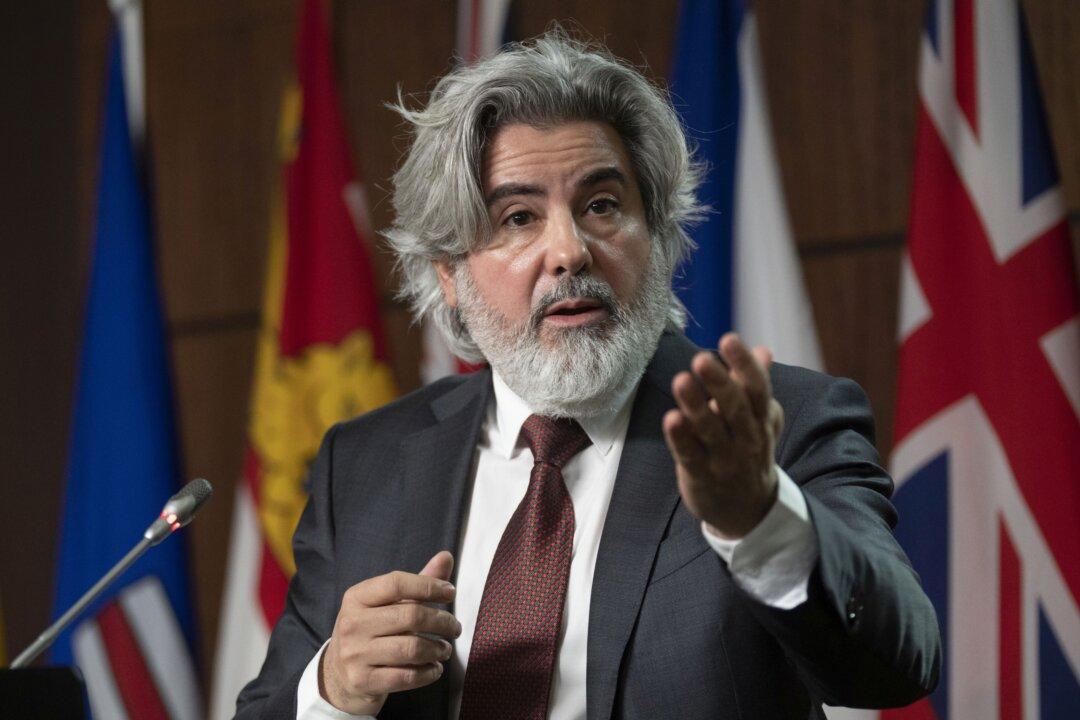Commentary
Canada’s Heritage Minister Pablo Rodriguez has now twice confirmed that fears regarding the looming regulation of online speech in Canada were and continue to be legitimate.

Canada’s Heritage Minister Pablo Rodriguez has now twice confirmed that fears regarding the looming regulation of online speech in Canada were and continue to be legitimate.